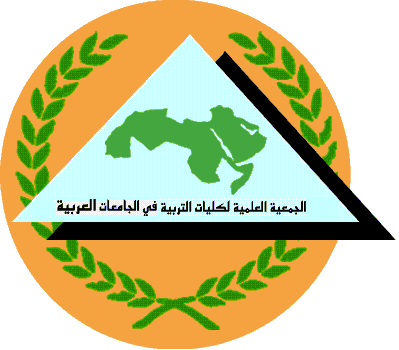Association of Arab Universities Journal for Education and Psychology

Abstract
تهدف الدراسة إلى رصد الجوانب الأكثر أهمية في فلسفة التربية الموسيقيّة لدى كل من جان جاك روسو وجون بستالوتزي، ومقارنة الجوانب الأساسيّة في المنحى التربوي التي تضمّنها كلا المنهجين، والخروج بنتائج شاملة وقابلة للتعميم والاستخدام في المجال التربوي الموسيقي بحيث يستفيد منها التربويين ضمن الدراسة والبحث والتطبيق التخصصي، وقد خرج الباحثون بعدة نتائج كان من أهمها:
1. اتفق كل من روسو وبستالوتزي على مبادئ مشتركة في فلسفة التربية الموسيقيّة منها؛ أن يتم تشجيع الطفل على الغناء وممارسة وتأليف أغانيه بنفسه، وأنه يجب تعليم الأطفال الاستماع للموسيقى وإعادة إنتاج الموسيقى قبل تعلّمهم القراءة الموسيقية.
2. انفرد روسو ببعض المبادئ الخاصة به منها؛ أنه يجب أن نغني للطفل الأغاني التي تعكس اهتماماته، كما نصح بترنيم الأغاني للطفل بدون كلمات، وشجّع على تحفيز الطفل لأن يرقص ويتحرك مع الموسيقى.
3. انفرد بستالوتزي ببعض المبادئ الخاصة به منها؛ وجوب الابتداء بالتربية الموسيقية منذ الولادة، وأنه يجب أن يكون الغناء للطفل مرحاً.
John Pestalozzi and Jean-Jacques Rousseau are Swiss theorists, philosophers, and psychologists who participated in music education theories with a consideration of the psychological tendency during the eighteenth century; their theories are still considered as a primarily educational basis to many scholars in the educational field. They both gave music education special attention in their philosophy and cared for the stage of childhood as a basis to build the individual.
This study aims at monitoring the most important aspects in the philosophy of music education existed in the method of Jean-Jacques Rousseau and John Pestalozzi, and comparing the fundamental aspects of the education-oriented guaranteed by both approaches, resulting to comprehensive outcomes that can be used in the music education field.
The research concluded several results, and the most important were:
1. Each of Rousseau and Pestalozzi agreed on common principles in the philosophy of music education; to encourage the child to practice singing, to write songs of his own, and that children should be taught to listen to music and re-produce music before learning to read musical notes.
2. Rousseau’s own principles were that the child must sing songs that reflect his interests, also he advised to sing songs without words, and encouraged to stimulate the child to dance and move with the music.
3. Pestalozzi’s own principles were that music education should start from birth, and that singing for the child should be fun.
Recommended Citation
حداد, رامي نجيب; محمد, إياد عبد الحفيظ; and ماضي, عزيز أحمد
(2022)
"فلسفة التربية الموسيقية عند كل من جان جاك روسو وجون بستالوتزي "دراسة مقارنة". A Comparative Study in the Philosophy of Music Education of Jean-Jacques Rousseau and John Pestalozzi,"
Association of Arab Universities Journal for Education and Psychology: Vol. 16:
Iss.
3, Article 8.
Available at:
https://digitalcommons.aaru.edu.jo/aaru_jep/vol16/iss3/8

